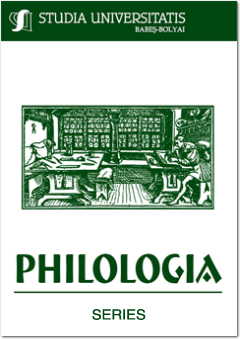COMMONWEALTHS UTOPIQUES ANGLAIS AU XVIIE SIECLE
ENGLISH UTOPIAN COMMONWEALTHS IN THE 17TH CENTURY
Author(s): Corin BragaSubject(s): Language and Literature Studies
Published by: Studia Universitatis Babes-Bolyai
Keywords: English literature; Utopia; 17th century Commonwealths; Gabriel Plattes; Macaria; James Harrington; Oceana; Noland.
Summary/Abstract: English Utopian Commonwealths in the 17th Century. In 17th-century England, the Parliamentary Revolution and the subsequent political, economic and social changes gave birth to a series of social projects and utopian texts. Contrary to the skepticism with which Thomas More treated his own utopia, these propositions of better commonwealths were seen as feasible and pragmatical. As such, they were not intended as ou-topias, that is, chimerical and delusional social dreams, but as eu-topias, actual “good places” to be realized by utopian communities and radical sects, either in Europe or in the Americas (treated by Jean Meyer as a “true museum of sects”). Although most of them did not reach historical achievement, these utopias remain entrenched within realistic conventions of reading, as they deploy the certification devices of political discourses, law codes, and voyage literature.
Journal: Studia Universitatis Babes-Bolyai - Philologia
- Issue Year: 60/2015
- Issue No: 1
- Page Range: 241-248
- Page Count: 8
- Language: French

